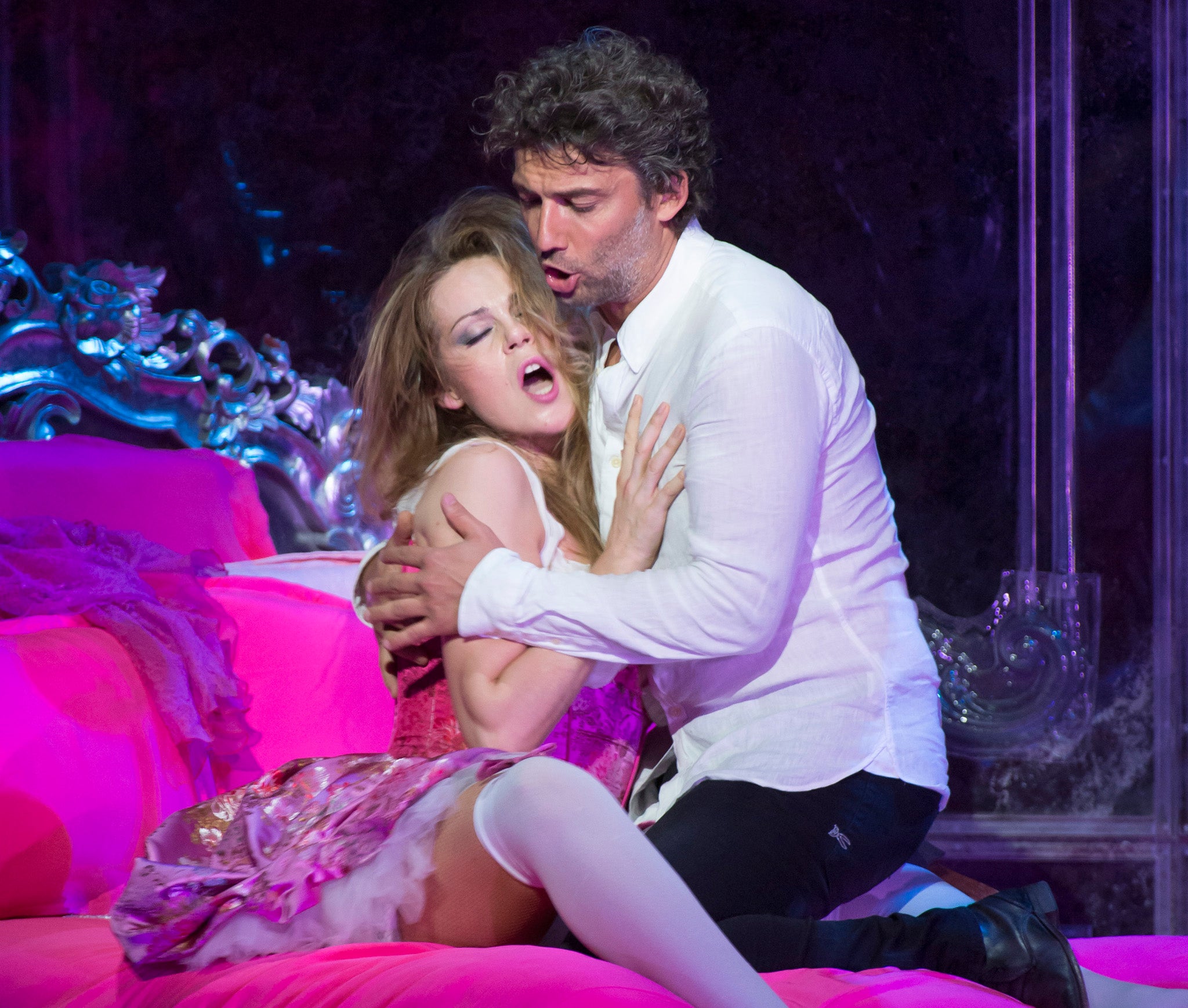Manon Lescaut, Royal Opera House, review: 'Radiates a very modern sleaziness'

Your support helps us to tell the story
From reproductive rights to climate change to Big Tech, The Independent is on the ground when the story is developing. Whether it's investigating the financials of Elon Musk's pro-Trump PAC or producing our latest documentary, 'The A Word', which shines a light on the American women fighting for reproductive rights, we know how important it is to parse out the facts from the messaging.
At such a critical moment in US history, we need reporters on the ground. Your donation allows us to keep sending journalists to speak to both sides of the story.
The Independent is trusted by Americans across the entire political spectrum. And unlike many other quality news outlets, we choose not to lock Americans out of our reporting and analysis with paywalls. We believe quality journalism should be available to everyone, paid for by those who can afford it.
Your support makes all the difference.Flamboyantly designed by Paul Brown, Jonathan Kent’s production of Puccini’s Manon Lescaut could not be more different from Laurent Pelly’s daintily stylised Belle Epoque version of Massenet’s take on the story which we saw in the same house four months ago.
The curtain rises on a downmarket hotel-plus-bar peopled by a bunch of teenagers led by an exuberant Edmondo (Benjamin Hulett) in party mode; Manon (Kristine Opolais) is deposited from a people-carrier, while Geronte (Maurizio Muraro) and Lescaut (Christopher Maltman) radiate a very modern sleaziness; Jonas Kaufmann’s Des Grieux has a grace redolent of bygone days.
From the moment Kaufmann and Opolais embark – with infinite delicacy - on their emotional journey, it becomes clear that this is a vocal marriage made in heaven. His warmly burnished sound is balanced by the exquisitely-nuanced purity of hers, and they are supported by a performance in the pit, under Antonio Pappano, of rare refinement.
But Kent presents Manon’s Parisian high-life in contradiction to both music and plot. Puccini’s fashionable courtesan becomes a soft-porn star reigning amid vulgar bling; the chaste beauty of Opolais’s singing is undermined by the voyeuristic sexuality she is directed to portray, and her exiling becomes reality tv on a seedy waterfront. Only in the final act (on a ruined flyover), with her farewell aria and the subsequent duet, does the magnificent desolation of the music come centre-stage.
Join our commenting forum
Join thought-provoking conversations, follow other Independent readers and see their replies
Comments